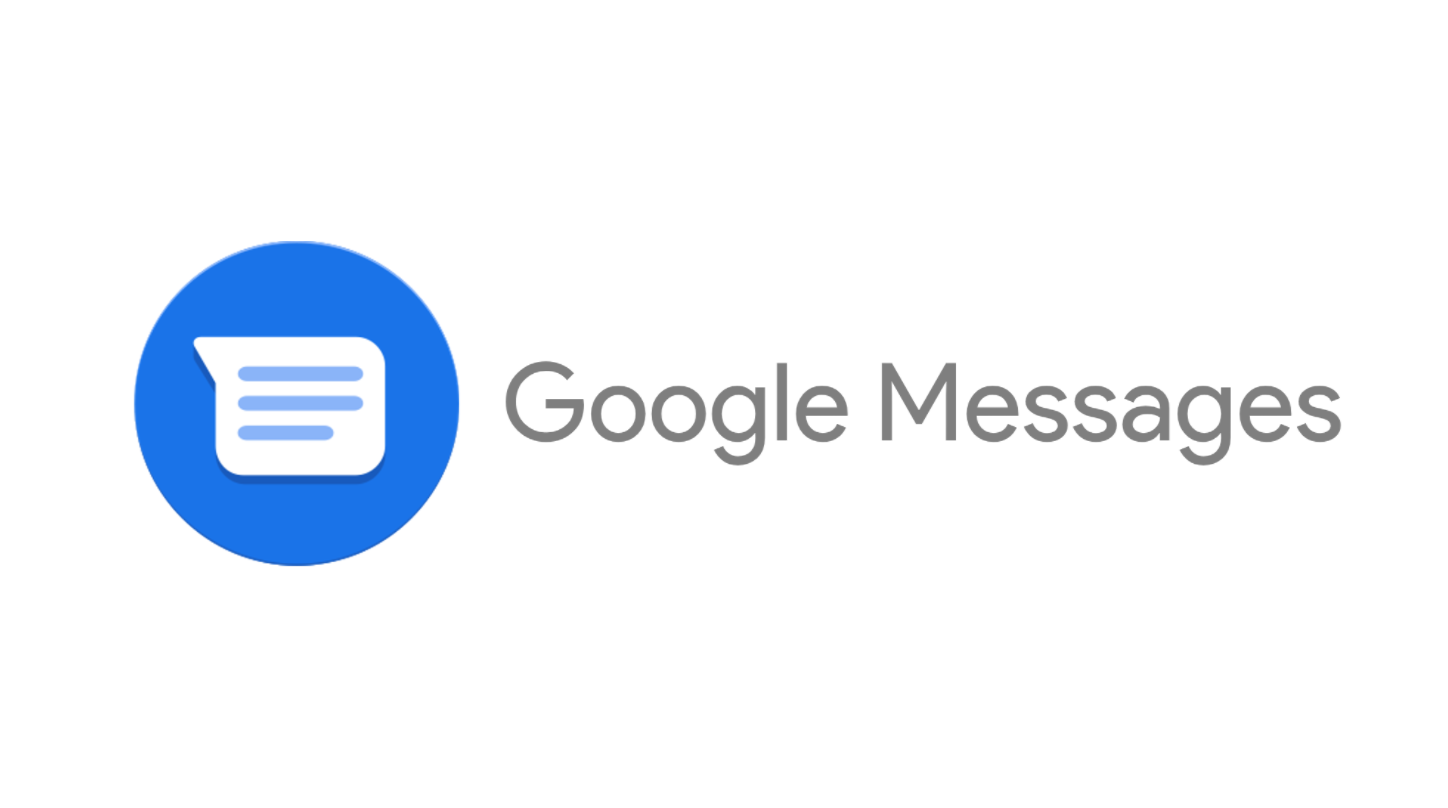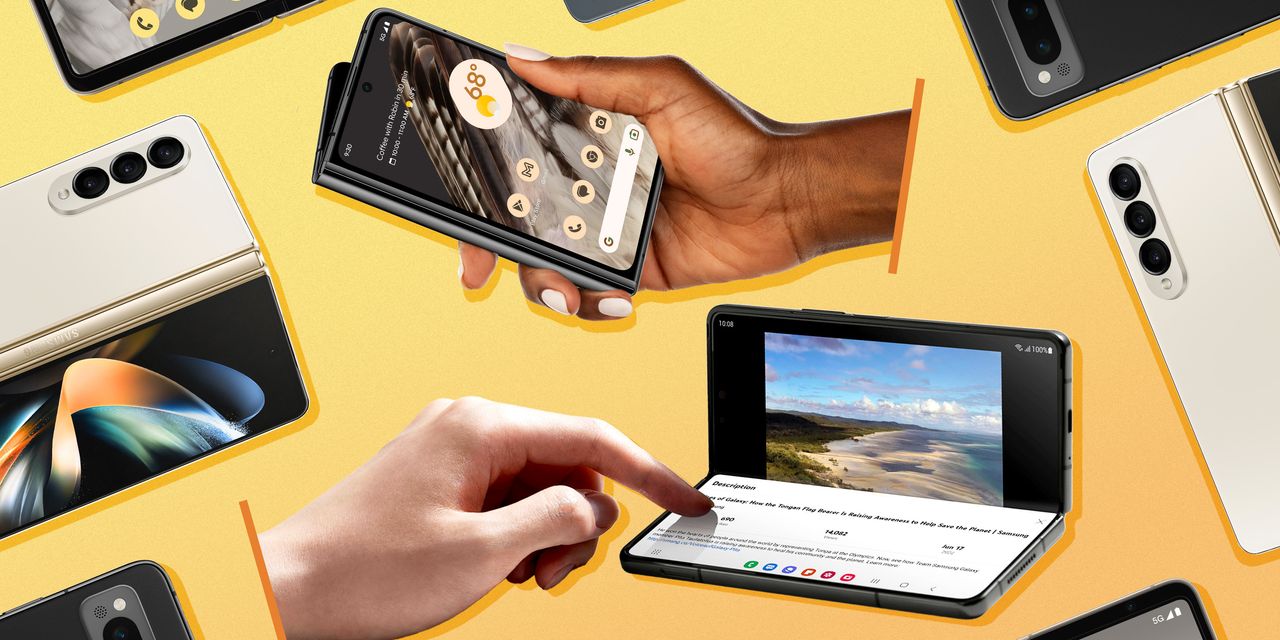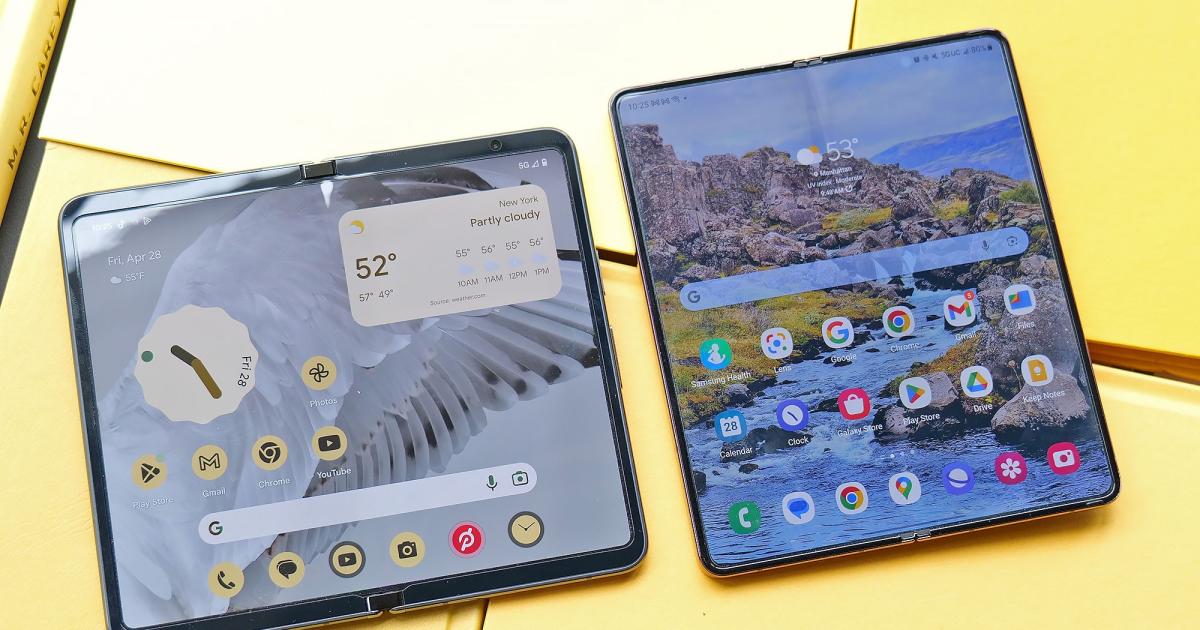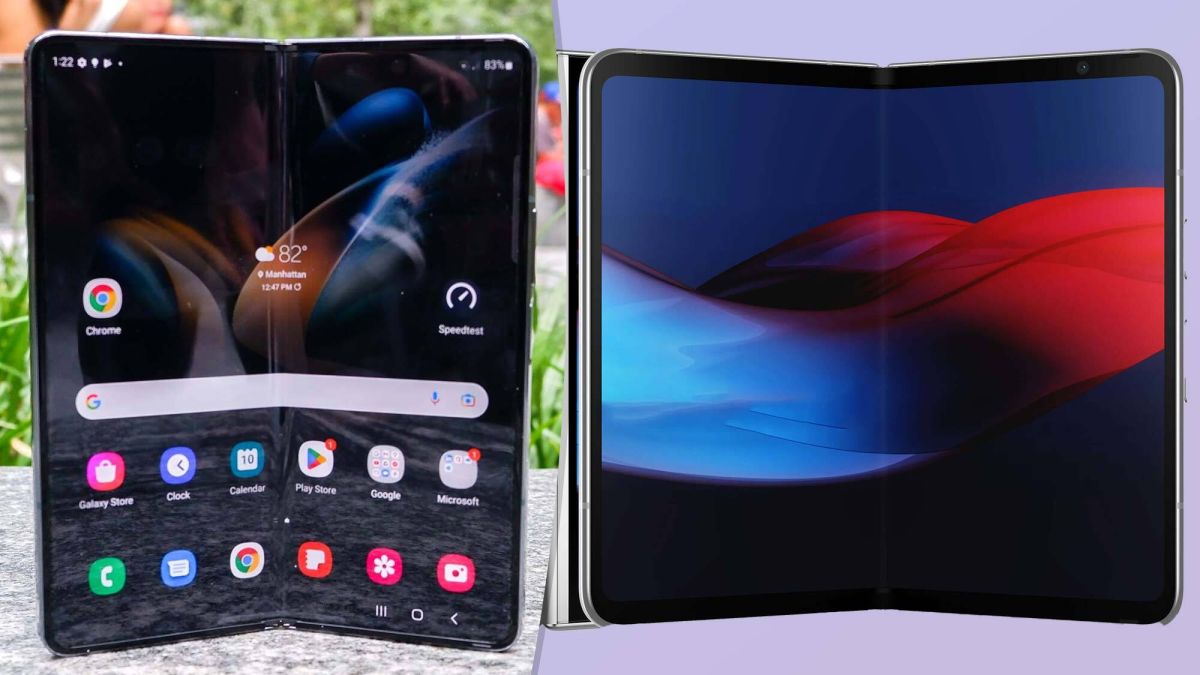Google Pixel Fold vs. Samsung Galaxy Z Fold: Phone Battle
Foldable phones are taking the smartphone market by storm, with companies like Samsung, Huawei, Motorola, and Oppo already releasing their own versions. Now, Google has entered the foldable phone arena with its highly anticipated smartphone, the Google Pixel Fold. In this article, we will compare the Google Pixel Fold with its most direct competitor, the Samsung Galaxy Z Fold 4, to see how they stack up against each other. Whether you’re a tech enthusiast or someone looking to upgrade their phone, read on to discover the pros and cons of each device.
Design & Build: Widescreen

When it comes to design and build, both the Google Pixel Fold and the Samsung Galaxy Z Fold 4 have their unique features and aesthetics.
Google Pixel Fold
The Pixel Fold resembles other Pixel devices when unfolded, sporting a 5.8-inch main camera strip on the reverse. When closed, it operates similarly to a regular Pixel device, allowing users to access phone calls, texts, apps, and internet browsers through the outer screen.
The unfolded Pixel Fold boasts a full-screen 7.6-inch display, which Google claims is the thinnest on the foldable market. The handset features rounded edges, giving it a sleek and smooth profile. Additionally, the Pixel Fold is water-resistant with an IPX8 rating, providing protection against accidental spillages.
Samsung Galaxy Z Fold 4
The Samsung Galaxy Z Fold 4 stands out with its unique design. It can withstand 200,000 folds and features a sturdy build with no worrisome flex when bent. The device can be used hands-free, propped up on a table like an open book for convenient viewing. It also comes with an IPX8 water resistance rating, a pre-installed screen protector, and an ‘S Pen’ designed to reduce scuffs and scratches.
Screen & Sound: Handheld Cinema

A phone’s display and sound quality play a crucial role in the overall user experience. Let’s compare the screens and sound systems of the Pixel Fold and the Galaxy Z Fold 4.
Google Pixel Fold
The Pixel Fold features an external 5.8-inch OLED display that can play videos with an aspect ratio of 17.4:9 and a smooth refresh rate of up to 120Hz. The display supports HDR and offers vibrant colors with a 24-bit depth and 16 million colors. When unfolded, the Pixel Fold boasts a 7.6-inch OLED display with a 6:5 aspect ratio and a resolution of 2208 x 1840. The high refresh rate makes for smooth scrolling, and the device can be used in tabletop mode for hands-free viewing.
Samsung Galaxy Z Fold 4
The Galaxy Z Fold 4 also features a 7.6-inch OLED screen with a 120Hz adaptive refresh rate. Although it has a slightly lower resolution of 2176 x 1812 compared to the Pixel Fold, the images and videos remain vibrant and sharp. The high refresh rate ensures smooth scrolling, and the OLED colors are rich and detailed. The stereo speakers of the Galaxy Z Fold 4 deliver high-quality sound without distortion.
Cameras: Pro Features Packed In

Cameras have become a crucial aspect of smartphones, allowing users to capture memorable moments and express their creativity. Let’s explore the camera capabilities of the Pixel Fold and the Galaxy Z Fold 4.
Google Pixel Fold
The Pixel Fold incorporates many of the existing features that make the Pixel line known for its exceptional camera performance. It houses a 48MP main camera, a 10.8MP ultrawide camera, and a 10.8MP dual PD telephoto camera on the rear. The front of the device features a 9.5MP camera for selfies and video calls. With the Pixel Fold, you can expect excellent image quality and advanced features like Super Res Zoom.
Samsung Galaxy Z Fold 4
The Galaxy Z Fold 4 offers a 50MP main camera, a 12MP ultrawide camera, and a 10MP telephoto camera on the rear. It has a 10MP cover camera and a 4MP main camera for selfies. The camera system of the Galaxy Z Fold 4 captures detailed and vibrant photos, making it a great choice for photography enthusiasts.
Specifications Comparison

| Specifications | Google Pixel Fold | Samsung Galaxy Z Fold 4 |
|---|---|---|
| Display | 7.6-inch OLED screen | 7.6-inch OLED screen |
| Display Resolution | 2208 x 1840, 380ppi | 2176 x 1812, 374ppi |
| Aspect Ratio (Primary Screen) | 6:5 | 21.6:18 |
| Aspect Ratio (Cover Screen) | 17.4:9 | 23.1:9 |
| Refresh Rate | 120Hz | 120Hz |
| Processor | Google Tensor G2 | Qualcomm Snapdragon 8 Plus Gen 1 |
| RAM | 12GB | 12GB |
| Storage | 256GB, 512GB | 256GB, 512GB, 1TB |
| Battery Capacity | 4821mAh | 4400mAh |
| Rear Camera | 48MP (main), 10.8MP (ultrawide), 10.8MP (telephoto) | 50MP (main), 12MP (ultrawide), |

